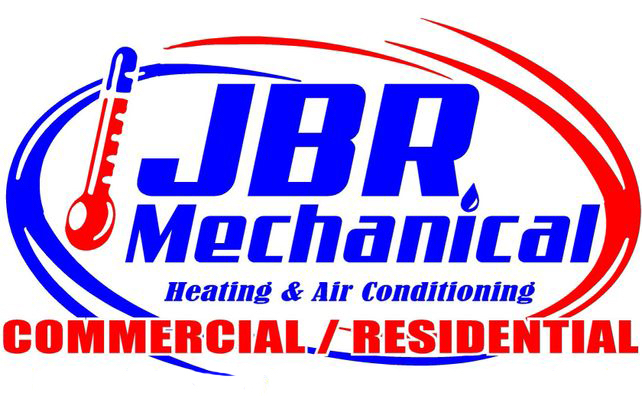
To avoid rising energy costs and work toward a more sustainable life, many homeowners are trying new methods to maintain comfort levels while using less energy. As part of the Inflation Reduction Act, federal tax credits are available for upgrading to more efficient HVAC systems, such as air conditioners. These credits offer significant savings, as long as the homeowners use eligible equipment and submit the right paperwork.
If you’re trying to avoid a long process, maybe we can help! JBR Mechanical hopes this guide will give you everything you need to earn these HVAC tax credits in 2024. Here’s what you’ll need to do.
How Do These Tax Credits Work?
These valuable tax credits for upgrading your home to be more energy-efficient are just one goal of the recent Inflation Reduction Act. With the higher cost of energy making an impact, helping more homeowners upgrade their equipment is always beneficial. The key provision of these credits is to help pay for high efficiency HVAC equipment and other projects. Two of note are the Energy Efficiency Home Improvement Credit and the Residential Clean Energy Credit.
But keep in mind, to be eligible for tax credits, you’ll need to fill out IRS Form 5695. Additionally, this form needs to be submitted during the same tax year any upgrades were installed, not purchased.
Maximizing Savings with the Energy Efficiency Home Improvement Credit
Through 2032, the Energy Efficiency Home Improvement credit empowers homeowners by offsetting up to $3,200 every year for energy-efficient home upgrades. This equals 30% of the total project’s cost. Keep in mind that in order to receive the maximum amount, you’ll have to make several investments. For example, you’ll save up to $2,000 for installing a higher efficiency heat pump. This can be paired with an additional $1,200 in credits for more projects in the tax year.
While heat pumps are a great use of the program, other HVAC upgrades like efficient furnaces and air conditioners also qualify. You’ll need to confirm that your choice’s energy efficiency rating is sufficient to qualify.
Residential Clean Energy Credit
The Residential Clean Energy Credit offers 30% savings on a number of other residential clean energy equipment upgrades. Eligibility is only extended to homeowners seeking to update existing or newly constructed homes. While the Home Improvement Credit highlights utilities and HVAC systems, this credit is more about renewable energy sources like solar and wind energy.
Some key details of this tax credit include requiring the installation project to be finished between 2022 and 2032. But at the same time, homeowners can use any excess credit to reduce taxes in future years. This is a great way to make things a little easier when investing in renewables.
What Else Is Eligible for These Tax Credits?
Because HVAC systems are one of the major reasons for high energy bills, these tax credits incentivize the most energy-efficient options. But home energy efficiency can be improved in lots of other ways. Apart from the previously listed HVAC upgrades, {you could also choose|other eligible items include|you also have access to:
- Heat pump water heaters
- Modern electrical panel improvements
- New electrical wiring
- Enhancements to insulation, air sealing, and ventilation
- Energy-efficient cooking appliances like stoves, cooktops, and ovens
- Efficient heat pump clothes drying solutions
- Water boilers
Just like with installing one or more HVAC systems, you’ll need to check that your chosen products meet the required energy efficiency ratings.
Maximizing Your 2024 HVAC Tax Credits: Top 3 Tips
While any of these upgrades can improve your home’s energy efficiency, a little planning will ensure they offer the most long-term benefits. Get the most from your HVAC tax credits with the following three tips:
- Perform an energy audit to pinpoint valuable enhancements. Rely on professional HVAC assessments for crucial advice.
- Improve your home's thermal efficiency with better windows and doors.
- Look into rebates for clean energy projects from utilities. Renewable sources like solar, wind, and geothermal contribute to community power grid sustainability.
- Don’t forget financing options from local service companies, which can help reduce costs even more.
Secure Your 2024 HVAC Credits with Help from JBR Mechanical
Partner with local HVAC professionals like JBR Mechanical for help with home energy audits and new installation projects. Our seasoned installers will deliver everything you need for home energy efficiency upgrades.
